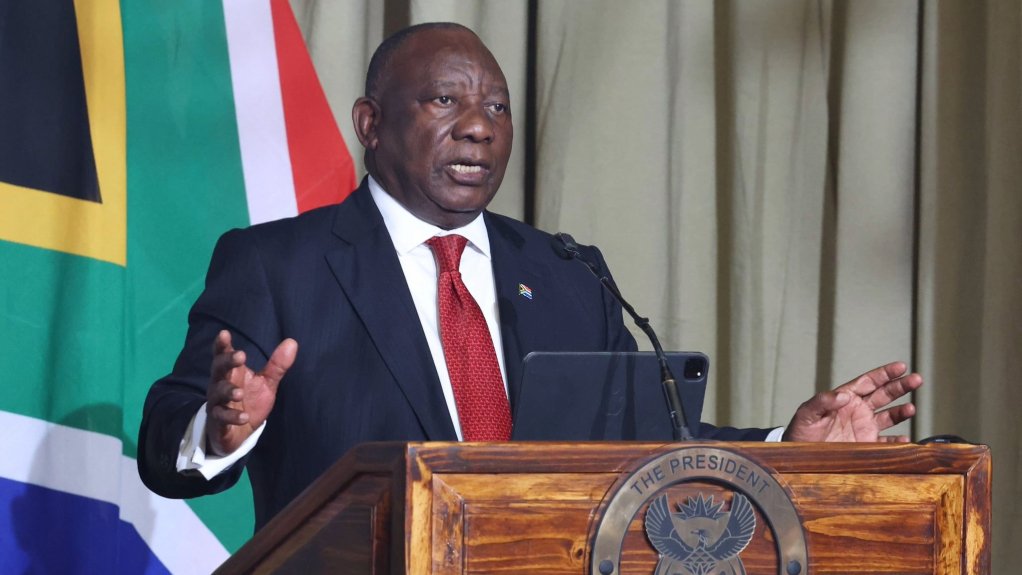President Cyril Ramaphosa said on Monday that dealing with the memory of past atrocities is one of the most difficult and delicate tasks a nation can undertake, but noted that it can be a vital cathartic process if a country is committed to enhance national healing, cohesion and unity.
In his weekly letter to the nation, Ramaphosa said the way a country remembered its painful past could shape the character of its democracy, the legitimacy of its institutions and the resilience of its people.
Ramaphosa is in the process of establishing a judicial commission of inquiry to investigate allegations of interference in the investigation and prosecution of apartheid-era crimes referred by the Truth and Reconciliation Commission.
“As government we remain steadfast in our commitment to restoring the dignity of activists who died and were buried abroad, and to our countrymen and women who were subjected to indignities in foreign lands,” he said.
He noted that this was being done within legal frameworks such as the National Heritage Resources Act.
“This framework facilitated the repatriation of Sara Baartman’s remains for burial in South Africa in 2002. We have also developed a draft National Policy on the Repatriation and Restitution of Human Remains and Heritage Objects which will guide our efforts going forward,” he explained.
Over the past weekend government reburied the remains of anti-apartheid struggle hero and former African National Congress secretary-general Advocate Duma Nokwe, who died in exile in Zambia in 1978.
Nokwe was the first black advocate to be admitted to the Johannesburg Bar, and was a defendant and a member of the defence team in the treason trial of 1956.
In recognition of his contribution to the legal fraternity, government conferred him the status of senior counsel posthumously.
Nokwe was one of 42 former liberation activists who passed away in exile and whose remains were repatriated from Zambia and Zimbabwe in September last year.
“We are grateful for the countries that gave our people shelter and support in exile and provided a resting place for those who died before they could return home. Many families in this country lost their loved ones to apartheid brutality and live with these scars. The apartheid regime even pursued activists that had fled the country and their whereabouts remain unknown,” he said.
The Department of Sport, Arts and Culture and other government institutions continue to engage with several countries to facilitate the return of human remains.
Ramaphosa stated that government had advanced policies of restitution and redress to both acknowledge and correct the historical injustice of apartheid, noting that it remained equally committed to restoring the dignity of apartheid’s countless victims and to bringing closure to their families.
EMAIL THIS ARTICLE SAVE THIS ARTICLE ARTICLE ENQUIRY FEEDBACK
To subscribe email subscriptions@creamermedia.co.za or click here
To advertise email advertising@creamermedia.co.za or click here











